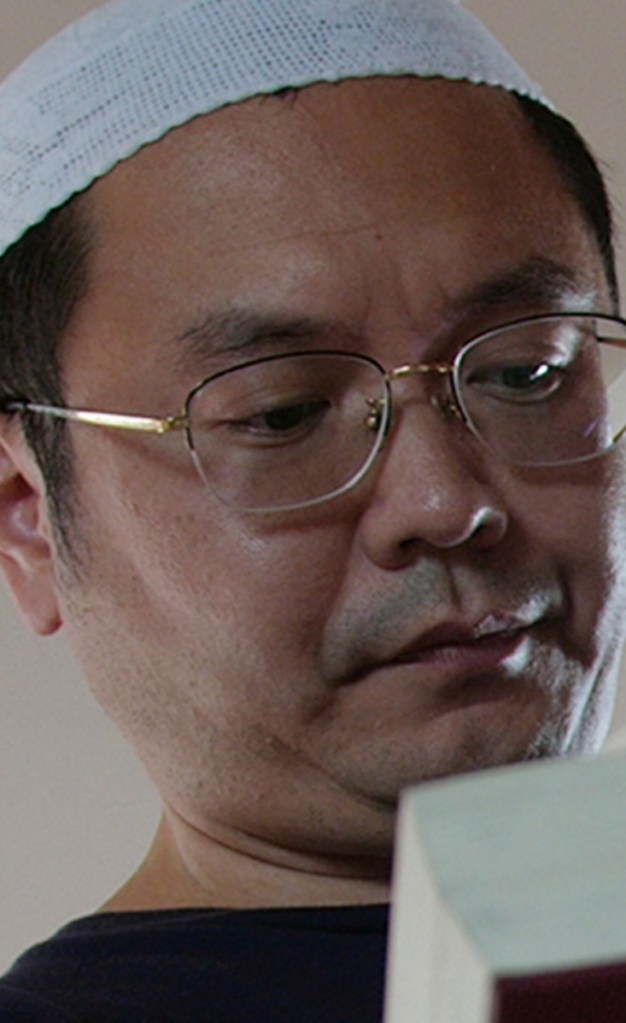JINAN, China — Cui Haoxin is too young to remember the days of his people’s oppression under Mao Zedong.
The 39-year-old poet was born after the Cultural Revolution of 1966-76, when the Hui – China’s second-largest Muslim ethnic group – were among the masses tormented by the Red Guard.
In the years since, the Hui generally have been supportive of the government and mostly spared the kind of persecution endured by China’s largest Muslim group, the Uighur.
There are signs, though, that is changing. Cui fears both that history may be repeating itself and for his own safety as he tries to hold the ruling Communist Party accountable.
In August, town officials in the Hui region of Ningxia issued a demolition order for the landmark Grand Mosque in Weizhou, though they later backed off in the face of protests.
More recently, authorities in nearby Gansu province ordered closed a school that taught Arabic, the language of the Quran and other Islamic religious texts. The school had employed and served mainly Hui since 1984. And a Communist Party official from Ningxia visited Xinjiang, center of Uighur oppression, to “study and investigate how Xinjiang fights terrorism and legally manages religious affairs.”
China under President Xi Jinping is clamping down on minorities, tightening control over a wide spectrum of religious and political activity. In some places, a campaign to “sinicize” religion has prompted authorities to seize Bibles, remove the “halal” designation from food products, demolish churches and strip mosques of loudspeakers and Islamic crescents and domes.
Cui has spoken out against government intrusions. He is working on a novel with a nightmarish plot: Believers are brutalized by demons in a Cultural Revolution in Hell. “The Muslims resisted and tried to protect the mosque,” he said, describing the work. “They failed.”
He worries that violence lies ahead.
“One has dignity. For a person, it is his or her bottom-line.” he said. “If the persecution is too unbearable, if something happens, as I said, there could be a disaster.”
Cui speaks eloquently about his people, who claim descent from Persian and Arab traders who came to China 1,300 years ago.
Cui is one of the few Chinese citizens disturbed enough – and brave enough – to criticize the Communist Party openly. For that, he has experienced censorship, detention, and “home visits” by police.
Send questions/comments to the editors.



Success. Please wait for the page to reload. If the page does not reload within 5 seconds, please refresh the page.
Enter your email and password to access comments.
Hi, to comment on stories you must . This profile is in addition to your subscription and website login.
Already have a commenting profile? .
Invalid username/password.
Please check your email to confirm and complete your registration.
Only subscribers are eligible to post comments. Please subscribe or login first for digital access. Here’s why.
Use the form below to reset your password. When you've submitted your account email, we will send an email with a reset code.